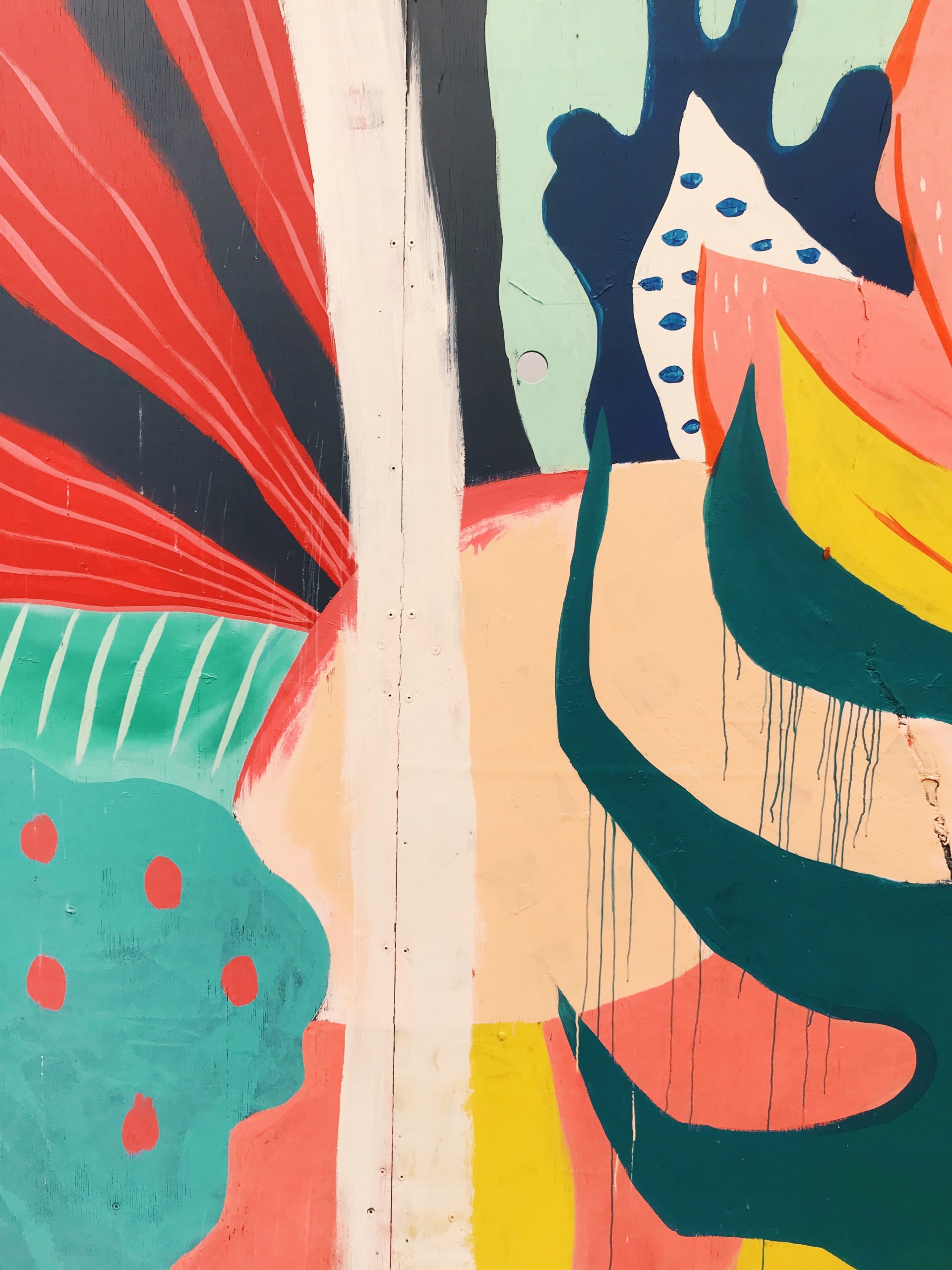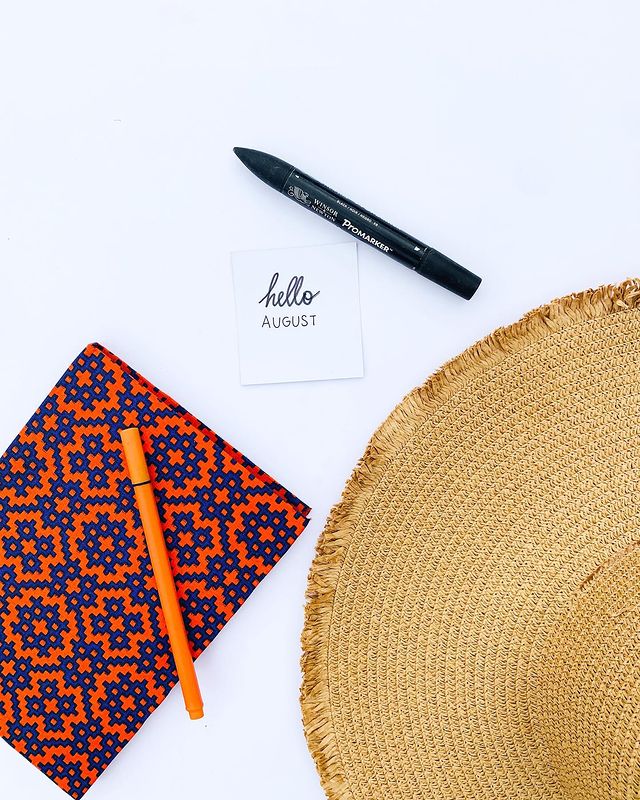“The Feature” is designed to bring attention and awareness to the amazing works that Muslim women are doing in the world, inspiring you to live your most brilliant lives. In this instalment, we spoke with Soukeyna Osei-Bonsu on the intersection of Writing, Social Activism and Decolonisation.
I think intrinsically as a writer or artist you generally tend to explore the areas where there is friction, where there is a grey area, where there are more questions than answers and where there is an internal struggle.
Soukeyna Osei-Bonsu
Writing, for many, is an art borne out of love. But due to the overwhelming amount of social issues confronting the world today, many women in the creative world look beyond the space of the art in order to give their audience a “real” writing experience for social change purposes. Rather than a political space as opposed to an artistic space, these women combine the two. This, however,does not denigrate the real art in their work, but further enhances it and gives it purpose. In order to gain insight into the intersection of art and activism, we were fortunate enough to have a chat with Soukeyna Osei-Bonsu, a North and West African writer based in London.
Soukeyna was born in Bordeaux, France and comes from a Sufi Muslim family background. Her work features themes of diasporic identity, as well as Islamic spirituality / Tasawwuf and culture. A first-class graduate of Social Anthropology and International Relations from SOAS, University of London, Soukeyna has a keen interest in global healing practices/rituals & film production. She is a co-founder and editor-in-chief of MZAB an online quarterly magazine that explores adventure, culture and spirituality. She is also the founder of the Black Muslim Forum, an initiative that seeks to promote black dignity by raising awareness and creating solutions to combat racism, colourism, and anti-Blackness in the Muslim community. She founded the Nana Asmau Community School where she teaches black history and African studies to Muslim Children.
To find out more about Soukeyna’s work, particularly about the intersection of her art and activism, TMWT had a chat with her and here’s what she had to say:
TMWT: We’re interested in your literacy narrative, which seems to be so much a part of who you are and how you became a poet and storyteller. Can you talk a little bit about your early years and how you came to establish a bond with language?
Soukeyna Osei-Bonsu: Growing up I always had my head in a book. I think that is partly due to my upbringing. My mother got rid of our TV when I was around eight or nine because she wanted my siblings and I to use our time to both read and be/ play outdoors. My dad would take us to the library every few weeks and encourage us to take out books. My parents are creatives, my mum is an abstract artist and my dad is a folk singer and songwriter- so at a young age, I had an appreciation for beauty and creative expression which I most resonated with in the form of language and literature. In many ways, I have my parents to thank for my love of the literary arts.
I found a sense of escape and adventure in books as a child. I remember one summer I spent with my sister at Ottakar’s in Wood Green reading any and everything. Life back then was filled with wonder and curiosity and I was eager to get lost in the world an author had concocted from what originated as a small seed in the mind. Growing up I enjoyed the work of Dan Brown, Jenny Nimmo, Daniel Handler, Eva Ibbotson, Richard Wright, Khaled Hosseini, Phillip Pullman, Dostoevsky, J.K Rowling, Jane Austen, Enid Blyton, Shakespeare, C.S Lewis, Antoine de Saint-Exupéry and many others.
My childhood best friend Mary O’Connell who is now a stand-up comedienne was someone who also shared a love for words and reading/writing. I remember a competition we entered in primary school to write a play and have it performed by actors from the Royal Shakespeare Company. Our play was selected and it was such a wonderful opportunity as young children to see it brought to life by trained actors. I am extremely fortunate to have had the encouragement I had as a child as it gave me the resources to express myself through writing whether in an educational setting or as a hobby. I am grateful especially to my parents for helping me to establish a bond with language.
TMWT: Your writings range from poems about identity, faith and the relationship with self and everything in between, what has motivated you to cover such a wide range of topics?
Soukeyna Osei-Bonsu: I think intrinsically as a writer or artist you generally tend to explore the areas where there is friction, where there is a grey area, where there are more questions than answers and where there is an internal struggle. I cover identity, faith and my relationship with myself because it took me such a long time to understand and solidify this. I started learning about and practising the Muslim faith I was born into at age 19 and as a result had to later change my lifestyle, myself and learn to find a balance through trial and error between the two worlds we inhabit as Muslims. Learning and practising all this was a huge struggle which provides a lot of material to write about an ongoing attempt to make sense of it. Poetry provides a profound way to understand something as elusive as the truth in a world that is designed to mask it- the truth of Islam, the truth of who you really are- so this is why I have taken to this form of self-expression as it helps me to hold onto it. My writing also covers Africa and the politics of blackness as this is such a foundational part of who I am and what I believe in.
TMWT: What is it about poetry that intrigues you?
Soukeyna Osei-Bonsu: Poetry offers a window into the writer’s soul. I find anthropology fascinating- it was what I studied at university, so reading poetry is an insight into the diverse ways in which humans think, organise, and express themselves. Historic/ ancient poetry also offers a window into a world that has long passed so operates as a durable time capsule or artefact from a now obsolete way of living/thinking. It’s a more creative way of understanding the human condition, more beautiful than say reading an academic journal or ethnography- both of which I still enjoy.
TMWT: Would you say that your religion and African Identity has made your work stand out?
Soukeyna Osei-Bonsu: I wouldn’t say it has made it stand out as there are many other British female poets with an African/Afro Caribbean identity such as Saraiya Bah, Sukina Pilgrim, Muneera Pilgrim, Rakaya Fetuga, Amaal Said, Momtaza Mehri and others who also come from a Muslim background. However, as a genre, I do believe Black Muslim poets in the UK are in a niche category.
TMWT: You founded the “Black Muslim Forum” to promote black dignity and support black Muslims as well as to provide a narrative of the struggles and beauty of being black and Muslim in Britain. Do you think this has helped more black Muslims to overcome issues of alienation within the wider communities? Has this also helped more people to realize that topics of faith cannot be divorced from black history especially within the larger black community?
Soukeyna Osei-Bonsu: I would like to think the work of the Black Muslim Forum has helped people. A study we conducted on the reality of anti-black racism in the British Muslim community did help to mobilise people and bring awareness to the struggles Black Muslims face though I don’t think we are collectively at a stage yet where Black Muslims have overcome the reality of alienation within the wider community. Increasingly through the work of Black Muslim Forum as well as other great organisations such as Everyday Muslim, The Salam Project, Being a Muslim Black Girl, individuals such as Hauwa Shehu, Rashidat Hassan, Mustafa Briggs, Rakin Niass, Momodou Taal and many, many others I can observe that the narrative is changing and more people are realising that the Islamic faith and the Black struggle/ black history are not mutually exclusive.

TMWT: You founded the Nana Asmau Community School to teach black history and African studies to Muslim Children, decolonising the mainstream curriculum and exploring topics such as Identity and self-development, what impact do you think this will create for black people in future?
Soukeyna Osei-Bonsu: My primary hope is that the children who attend the lessons are impacted beyond the classroom and in ways that will alter their perception of themselves now and as adults. The school is small- we have 17 pupils, but if one child grows up and remembers the knowledge that was imparted to them- that they are part of a larger family- a collective of black excellence historically and in the present time, and that being black is nothing but beautiful- then I think we will have succeeded. My goal with school is not the quantity but the quality of the impact and I hope that other educators and parents look to the school as inspiration to provide a black education to their students and children respectively. I can only hope the future impact is to have a community of Black adults who can safely say they were not starved of their true history and are able to live the same self-assured life with a connection to their ancestry that their white counterparts are afforded
TMWT: It may be difficult to pick just one but if you could pick the first one that comes to mind, which achievement in your career or personal endeavours holds the most sentimental value to you and why?
Soukeyna Osei-Bonsu: I think being able to teach a black curriculum outside of the surveillance and structural sabotage of the British school system to young Black children every fortnight is a highlight for me. They’re a rowdy bunch but they are a joy to teach and it makes me happy when they are visibly surprised to learn a new fact about a past African kingdom or powerful Black figure they’d never previously heard of.
TMWT: Maa Shaa Allah! You’re a perfect example of a woman who is combining her talent and skills with social activism. What is your advice for any young woman who wants to follow your path?
Soukeyna Osei-Bonsu: You’re too kind! My advice is to really be sure of your intentions. Be aware of the vicissitudes of your intentions and always correct them. The turn of the heart is undetectable like the slight change in a ship’s bearing, but both go far from the origin. In our faith intentionality is everything and if you have a pure love for what you are doing, and a sincere desire for change you will consistently overcome the hurdles in your path to get there, achieve what you set out to do and serve the community. Concerning a skill or talent you have- honestly follow that path. Do what you love and be who you are because life is too short to be someone else and neglect the things you love to do most. Make time for yourself, for your craft and keep God at the centre of everything you do.




